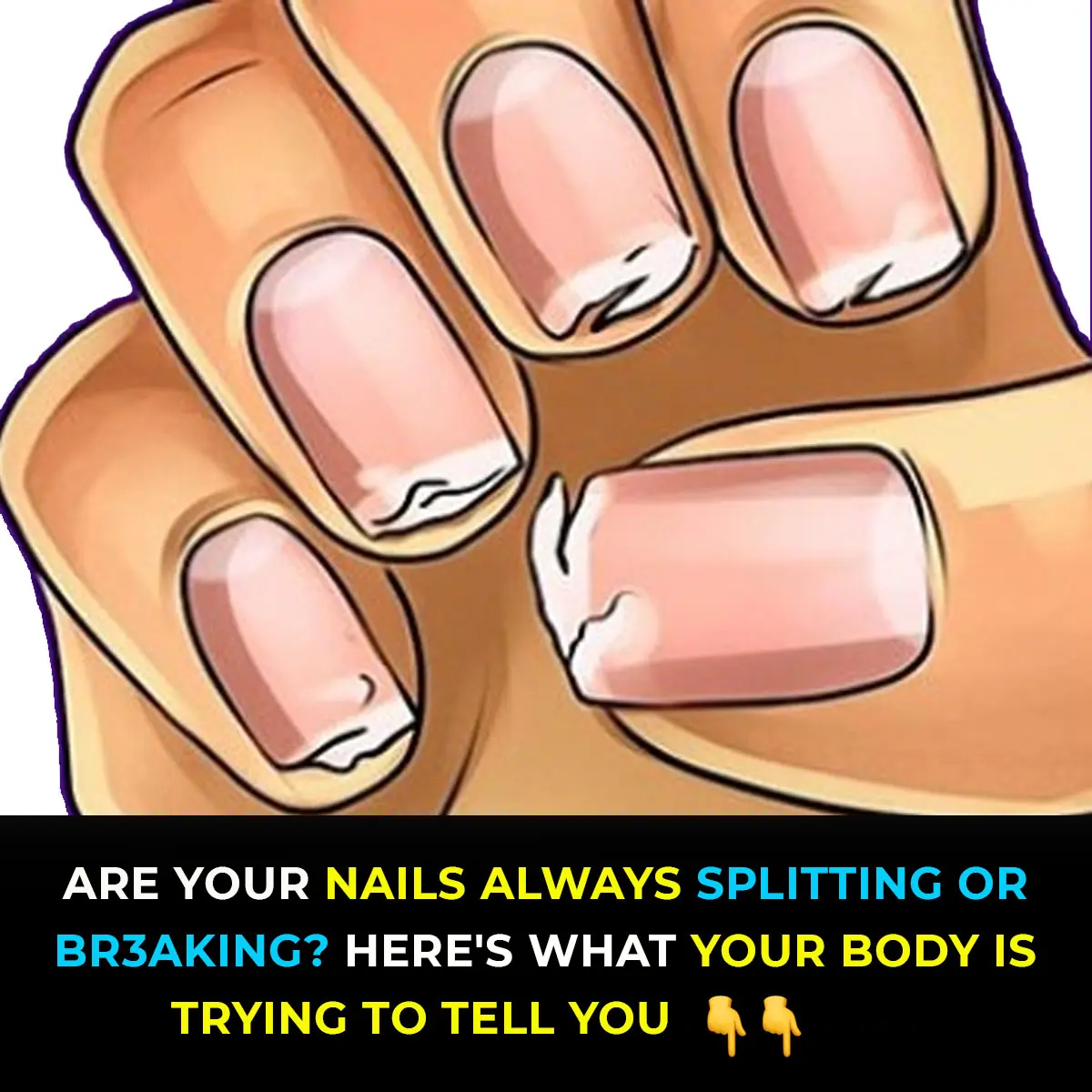
Doctors Warn 3 “Don’ts” After Meals—And 4 “Don’ts” Before Bed To Prevent Stroke At Any Age
Imagine waking up one morning unable to form words, or trying to stand only to realize your body no longer obeys you. For millions worldwide, this is not a bad dream - it is the life-altering reality of a stroke.
Stroke strikes quickly and often without warning, stealing mobility, speech, memory, and independence in an instant. Many cases are linked not to rare medical conditions, but to everyday choices - like eating dinner too late, skipping a short walk after meals, or unwinding with alcohol before bed. These small habits may seem harmless in the moment, yet over time they can silently increase stroke risk.
Here’s the hopeful truth: up to 80% of strokes are preventable. And prevention doesn’t necessarily require expensive medications or high-tech treatments - it often comes down to simple, consistent lifestyle adjustments. In particular, what you do - or avoid doing - right after eating and before going to bed can significantly influence your long-term brain and heart health.
Scientific research now shows that these two daily windows - post-meal and pre-bedtime - are critical for controlling blood pressure, balancing blood sugar, reducing inflammation, and supporting healthy blood vessel function. Disrupting these processes repeatedly can set the stage for cardiovascular trouble, including stroke.
After Meals: The 3 Key “Don’ts”
- Don’t lie down or nap immediately after eating
Post-meal drowsiness is common, but giving in to it can work against your health. Lying down right after eating slows digestion and interferes with metabolic processes. Over time, poor meal-sleep timing is linked to higher blood pressure, insulin resistance, and unhealthy weight gain - all major stroke risk factors. Experts recommend keeping a 2–3 hour gap between your last meal and sleep for optimal digestion and better rest quality. - Don’t stay sedentary
Instead of heading straight for the couch, aim for 15–20 minutes of gentle walking after meals. This small effort improves blood sugar control, supports vascular health, and lowers blood pressure. Observational data suggests that faster walking speeds are linked to a measurable reduction in stroke risk. Even light activity helps your body process nutrients more efficiently and keeps your circulatory system in better shape. - Don’t drink alcohol right after dinner
That “nightcap” can backfire. Research shows that alcohol, even in moderate amounts, triggers inflammation and damages the cells lining blood vessels. These effects may raise stroke risk over time. For better recovery after meals, swap the drink for herbal tea, infused water, or other non-alcoholic options.
Before Bed: The 4 Key “Don’ts”
- Don’t eat dinner too late
Finishing dinner after 9 p.m., especially close to bedtime, disrupts your body’s circadian rhythm and metabolic balance. A major French study of over 103,000 adults found late dinners were linked to a 28% higher risk of cerebrovascular disease, including stroke. Early dinners give your body more time to process nutrients before you sleep. - Don’t keep irregular sleep hours
Going to bed at widely different times each night confuses your body clock. Large studies show that irregular sleep patterns - regardless of total sleep duration - raise the risk of stroke and heart attack. Too little sleep (under 5 hours) and too much sleep (over 9 hours) also increase risk significantly. Aim for 7–9 hours nightly, with consistent bedtimes and wake times. - Don’t drink alcohol close to bedtime
While it might help you fall asleep faster, alcohol disrupts the deeper stages of sleep and can raise nighttime blood pressure. Avoiding alcohol in the evening helps protect your vascular system and ensures better quality rest. - Don’t consume caffeine or heavy meals late at night
Late caffeine can delay sleep onset and reduce sleep quality. Heavy or spicy foods too close to bed can cause reflux and disturb rest. Experts suggest finishing dinner at least 3 hours before bedtime, avoiding caffeine after mid-afternoon, and limiting fluids in the last couple of hours before sleep to minimize disruptions.

Why These Habits Matter
- They align with your circadian rhythm
Your body runs on an internal clock that controls metabolism, blood sugar, and blood pressure. Late-night eating or erratic sleeping disrupts this rhythm, leading to inflammation and poor cardiovascular health. - They protect sleep quality
Consistent, high-quality sleep supports brain repair, hormone regulation, and vascular function. Poor sleep habits can triple stroke risk, especially in people with conditions like sleep apnea. - They amplify the benefits of other healthy choices
When paired with a balanced diet, regular exercise, and blood pressure management, these meal-and-sleep habits can dramatically cut stroke risk at any age.
Practical Daily Routine for Stroke Prevention
- Morning: Eat breakfast before 9 a.m. to match your body’s metabolic peak.
- After meals: Wait 2–3 hours before lying down; walk for 20 minutes; skip alcohol.
- Evening: Finish dinner by 8–9 p.m.; avoid heavy or caffeinated foods/drinks close to bedtime.
- Bedtime: Stick to a consistent schedule; aim for 7–9 hours of sleep; limit evening fluids.
Small, consistent changes in your post-meal and pre-bedtime routines can yield powerful long-term protection for your brain and heart. By following these evidence-backed guidelines, you’re not just lowering your stroke risk - you’re actively building a healthier, more resilient future.
News in the same category


Officials Warn Tourists As Giant Toxic Jellyfish Washes Ashore At Popular Beach
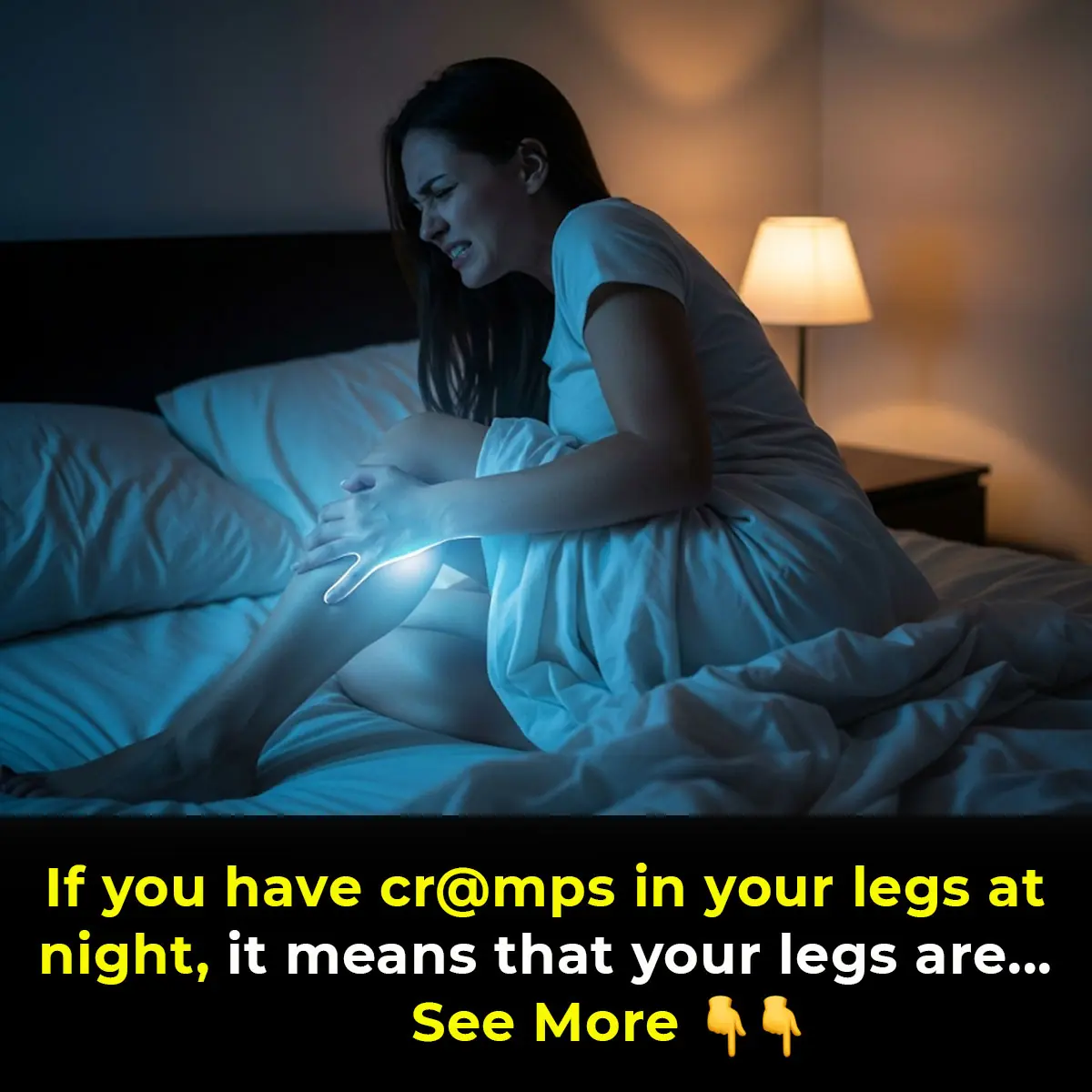
When Nighttime Leg Cramps Become a Concern
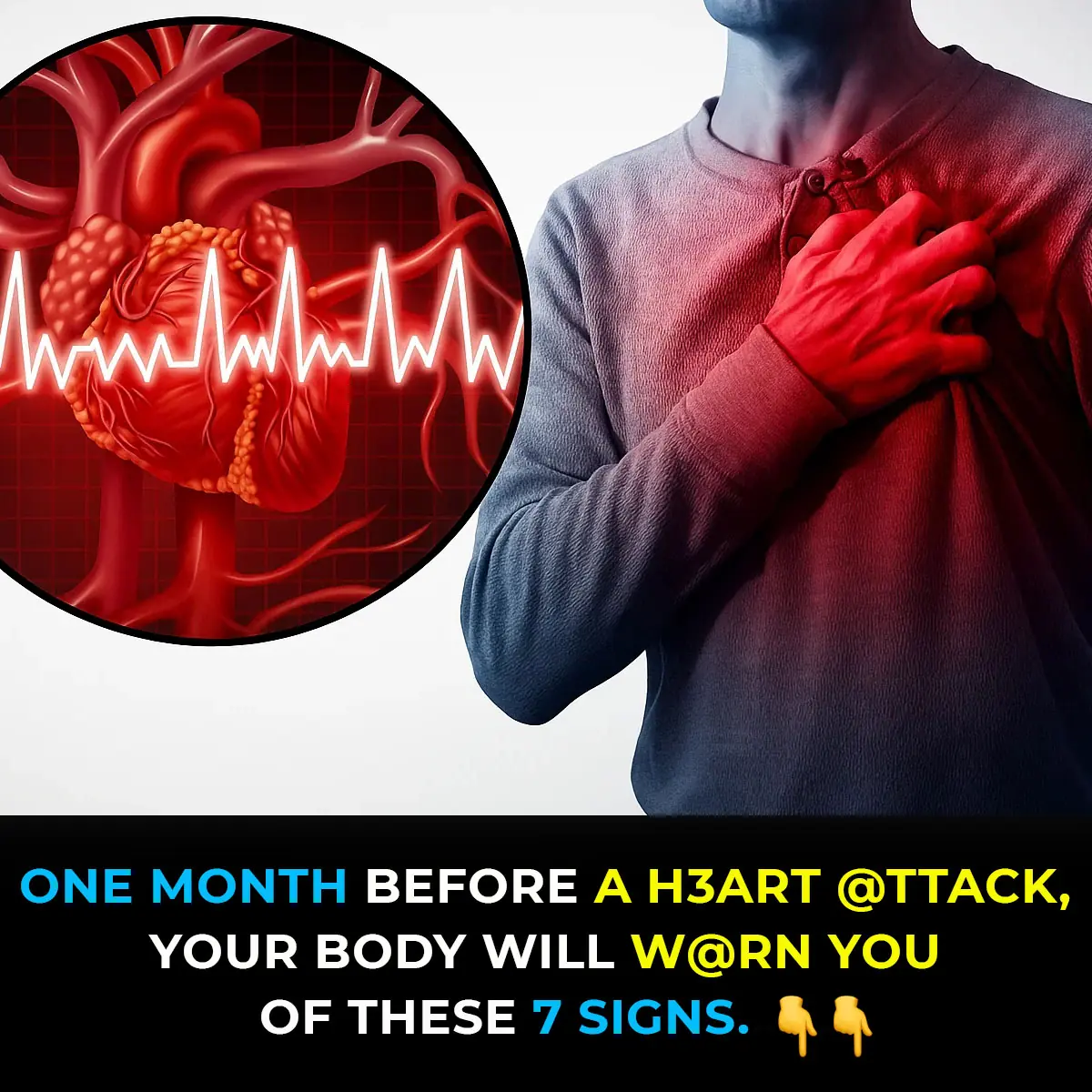
One Month Before A Heart Attack, Your Body Will Warn You Of These 7 Signs

Researchers Sound Alarm Over Surge In Anal Cancer And High-Risk Populations

5 Things Doctors Say You Should Never Give Your Kids to Help Prevent C@ncer

6 Powerful Castor Oil Benefits for Your Health and Wellness
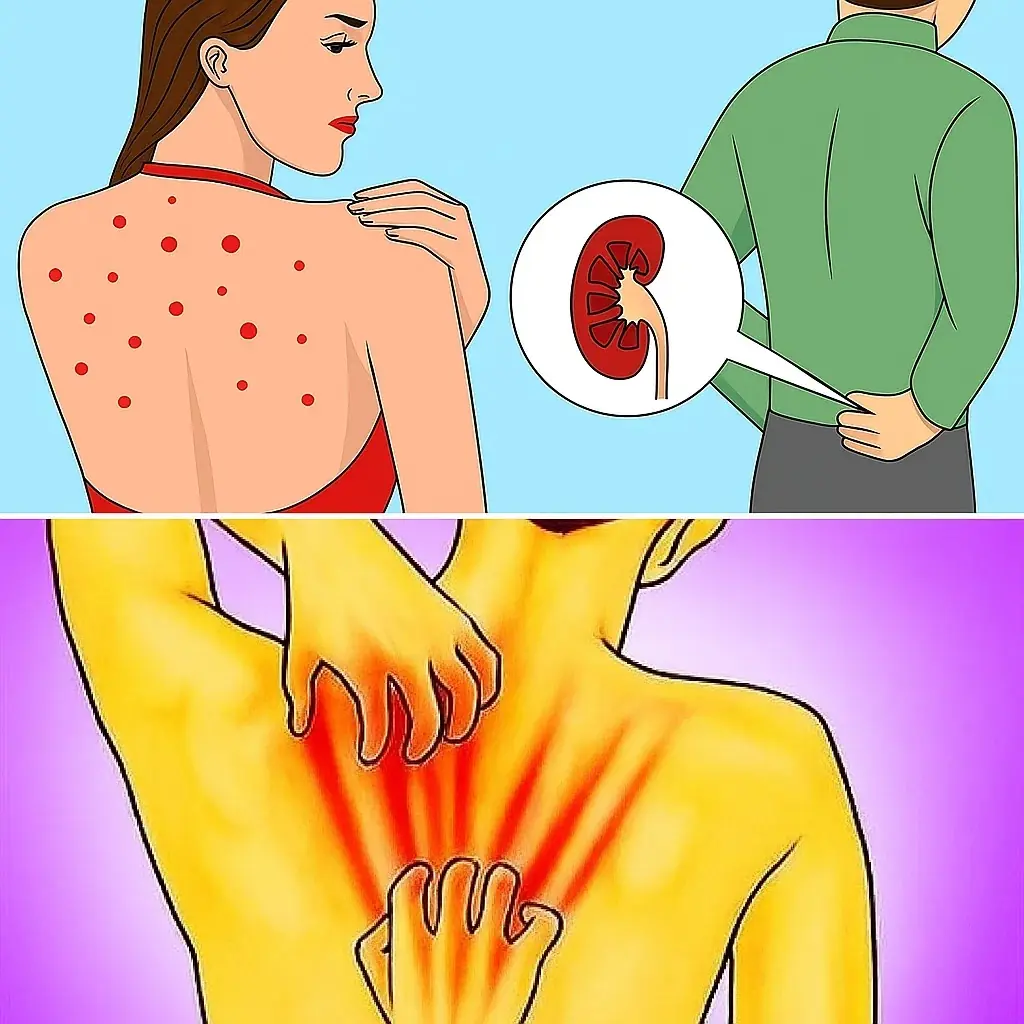
10 Warning Signs Your Kidneys May Be in Serious Danger
Your kidneys quietly work around the clock to keep your body in balance, but when they start to fail, the symptoms can be subtle and easily overlooked. Spotting these early warning signs could save your health—and even your life.

Evidence-Based Health Benefits of Honey (Raw, Pure, Natural) + Turmeric Golden Honey Recipe

Cancer Is Painless At First, But If You See These 8 Signs When Going To The Bathroom, You Should Go For An Early Check-Up
Changes in bowel movements can sometimes be an early red flag for colon cancer, even when other symptoms seem absent. Understanding what’s normal — and what isn’t — could make all the difference in getting timely help.

Home Remedies for Blocked and Stuffy Nose

Woman Reveals the Sh0cking Fantasy Over 50% of Married People Secretly Admit To Having
Over half of married people admit to secretly fantasizing about an ex — a habit experts say can trigger emotional detachment and strain current relationships. While revisiting old memories may feel harmless, psychologists warn it could signal deeper iss

Symptoms of Chikungunya virus revealed as China takes 'COVID measures' after reporting 7,000 cases
China is on high alert after more than 7,000 Chikungunya virus cases were reported across 13 cities in Guangdong, prompting swift containment measures. Unlike COVID-19, this mosquito-borne disease spreads through bites, but its painful symptoms and rapid

Foamy Urine: Here’s Why You Have Bubbles in Your Urine
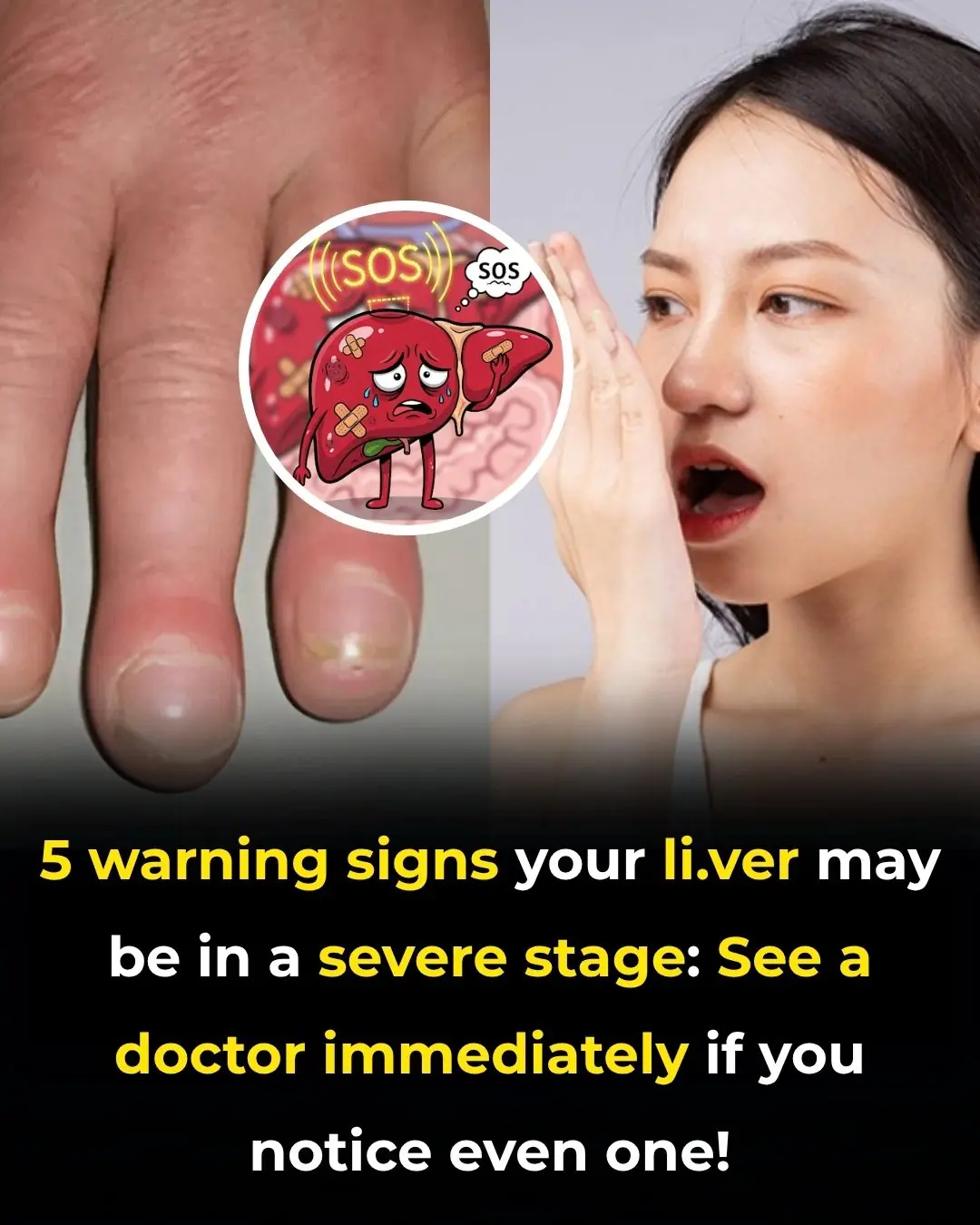
Bruising Easily? Itchy Skin? 5 Hidden Signs of Liver Damage You Might Be Overlooking

Proven Health Benefits of Turmeric and Honey (Golden Honey) – Evidence Based
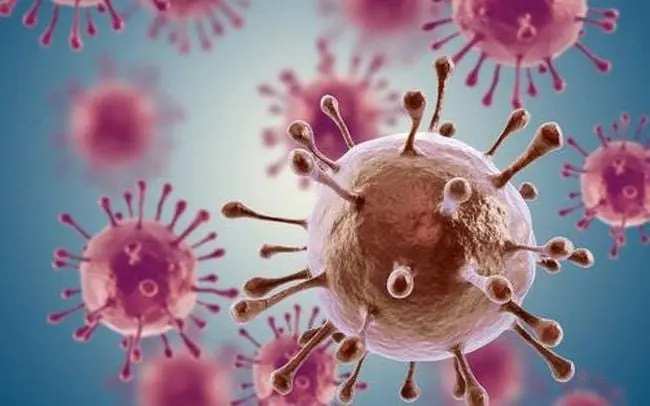
The 20 Most Potent Cancer-Fighting Foods Hiding in Plain Sight

You’re Drinking Water Every Day but This One Mistake Is Costing You

If Your Partner’s Breath Is Brutal, Just Make This One-Ingredient Fix This Morning
News Post

A Late-Night Uber Ride That Changed a Life.

The Only Thing My Late Dad Left Me Was a Rusty Key, and I Thought It Was a Joke Until My Cousin Offered Me $10,000 for It – Story of the Day

You Should Never Ignore These 9 Things Your Fingernails Reveal About Your Health

Scientists Warn Foot-Long “Demonic Flesh-Eating” Worms Are Invading The U.S.—Here’s What To Do

Officials Warn Tourists As Giant Toxic Jellyfish Washes Ashore At Popular Beach

When Nighttime Leg Cramps Become a Concern

One Month Before A Heart Attack, Your Body Will Warn You Of These 7 Signs

Coca‑Cola Fires Back After Trump Claims He Switched The Coke Recipe

Researchers Sound Alarm Over Surge In Anal Cancer And High-Risk Populations

5 Things Doctors Say You Should Never Give Your Kids to Help Prevent C@ncer

6 Powerful Castor Oil Benefits for Your Health and Wellness

A Wild Kingfisher, Three Generations, and the Unspoken Language of Love.

More Than a Win: The True Victory of the Cooma North Boys.

Moment two AI agents realise they're talking to another AI and switch to their own bizarre language

Woman earns hundreds every day just by sitting in New Yorker's cars

My Husband Threw Away the Chicken I Cooked Saying 'You'll Thank Me Later' – When I Found Out Why, I Filed for Divorce

The Ride That Changed Everything.

My Sister Brought My Ex to My Wedding and I Was Stunned, but Then Her Speech Changed Everything – Story of the Day

10 Warning Signs Your Kidneys May Be in Serious Danger
Your kidneys quietly work around the clock to keep your body in balance, but when they start to fail, the symptoms can be subtle and easily overlooked. Spotting these early warning signs could save your health—and even your life.
